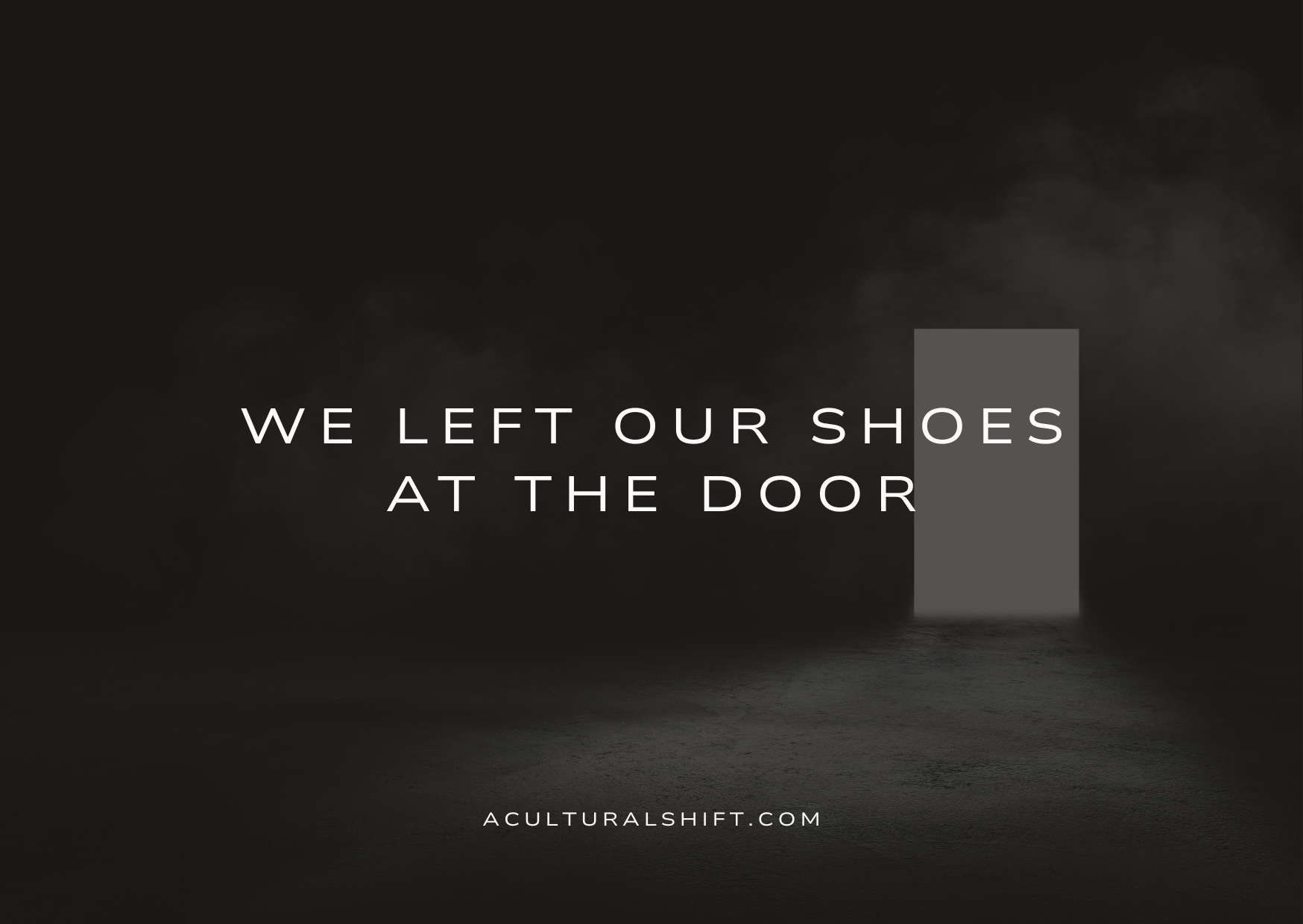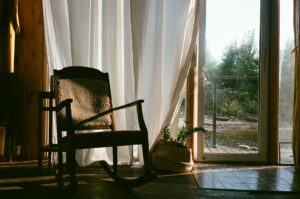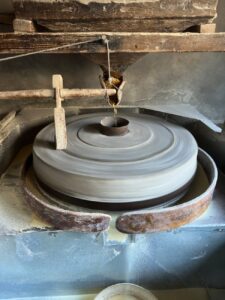I’ve lived in Africa since 1987, and this experience has challenged and transformed me. I have learned languages, customs, and cultural cues very different from mine. Initially, I resisted the differences between those I was serving and myself. I resisted until one day when I left my shoes at the door. But until I learned to leave my shoes at the door, I wasted a lot of time wondering why.
Why did I have to learn to dress differently?
Why couldn’t I look at a man’s face when speaking to him?
And why did church services have to last so long?
It took me a long time to come to terms with cultural differences. But once I did come to terms with them, life became much easier. I learned what the Apostle Paul meant when he said:
to those who are without law, as without law (not being without law toward God, but under law toward Christ), that I might win those who are without law;to the weak I became as weak, that I might win the weak. I have become all things to all men, that I might by all means save some. Now this I do for the gospel’s sake, that I may be partaker of it with you.
1 Corinthians 9:21-23 NKJV
Rolling with the punches
After facing the complex challenges of culture a few times, I found it easier to go with the flow than to resist it. Once I learned to roll with the punches, maneuvering through the rough waters became much simpler. Not only did I navigate better, but more importantly, I gained a deeper understanding of those I was serving. It didn’t matter if I couldn’t dress like an American, speak to men directly, or endure long hours of meetings. It was as simple as leaving my shoes at the door.
What truly matters are the souls of men and women, not my personal preferences. Over the years, I have had to pay this price repeatedly. At first, I believed it was a steep cost, but I now realize that paying this price is the least I can do.
Giving our presence
I remember once when we received the heartbreaking news that a young woman, the niece of one of our church members, had passed away unexpectedly. Until her death, she had been a healthy mother of three children under the age of eight. Her death was unexpected. I found it incredibly challenging to find the right words for such a situation. All we could do was to offer the family our presence.
In Africa, visiting the bereaved is a cultural must. Neglecting to visit the family of the deceased is one of the most significant cultural flaws one can commit.
We quickly arranged a visit to the family. We attended the “kilio” (wake) with other church members, where friends and family gathered. As per tradition, men sat outside in chairs set up under a makeshift tent. Women and children entered a small front room from which all furniture had been removed. Woven bamboo mats lined the floor where everyone sat. Most of the senior women sat closer to the bereaved, while those who weren’t as close, along with the children, sat against the wall on the opposite side of the room.
We left our shoes at the door.

I followed the line of ladies into the house and brought my then 10-year-old daughter with me. We all left our shoes at the door, as it is customary to remove them when attending a wake. It may sound odd that my daughter accompanied me, but the church member whose niece had passed away is our children’s church director. It was only natural for children from the church to come and show their love and support for their leader.
This wake was the first time my little girl had joined us in such a visit. I wondered how she would feel walking through a new cultural experience. I told her it would be all right if she wanted to sit with me, but she declined; she wanted to sit with the other children. Her bare feet mingled with those of her friends, and her eyes took in the setting. She didn’t complain about the heat, having to sit on the floor, or having to stay as long as we did.
Indeed, the Kingdom of God is present in the innocence of little children. I witnessed the Kingdom that day when, in the most genuine of settings, my little girl sat with her friends. The love of the Kingdom was beautifully evident in them as they gathered together to comfort those who mourned.
Let the little children come.
We then took turns comforting the family. The inevitable flow of tears and sobs ebbed and swelled throughout our visit. The children had their chance to express their condolences. Their teacher appreciated them the most as she spoke with each one, accepting their hugs and love. That day, I understood even more the critical role children have in the Kingdom of God.
But Jesus called them to Him and said, “Let the little children come to Me, and do not forbid them; for of such is the kingdom of God.”
Luke 18:16 NKJ
Weep with those who weep.
Not many days after our visit, we drove to the graveyard and laid this young mother to rest. Present were her children, husband, and hundreds of friends and family. The sound of weeping at gravesites is one I’ll never get used to, nor should I. The pain felt by those left behind is very real. If we ever become callous to the sounds of death and the pain experienced by those losing loved ones, how can we ever hope to comfort them?
We do know that life apart from the body is lived in God’s presence (see 2 Corinthians 5:8), but there remains a real loss for those left behind. This is why we are told to “weep with those who weep” (see Romans 12:15). This “ministry of presence” brings strength to those whose strength is depleted when death comes knocking. Death will touch all of us. None of us is exempt from feeling the pain when loved ones answer the call to enter eternity.
Children’s shoes
Still, sometime later, the picture of the children’s shoes left by the house’s front door on a warm Sunday afternoon remains in my mind. I can feel the warm breeze blowing through the front door, hear the children weeping, and feel the sting of death. My little girl in the middle was with them, taking part in the “ministry of presence.”





Pingback: When tomorrow came, it was 2:30 in the morning - A Cultural Shift